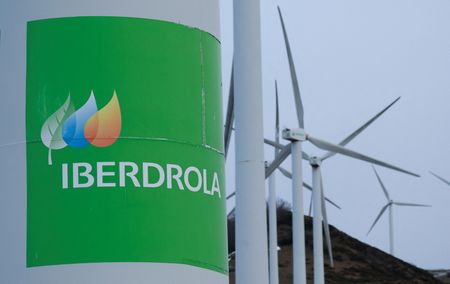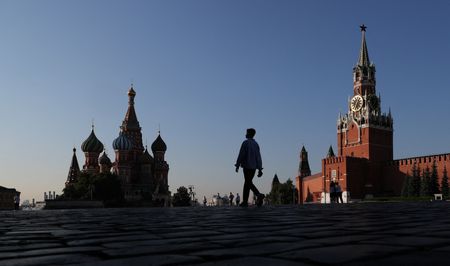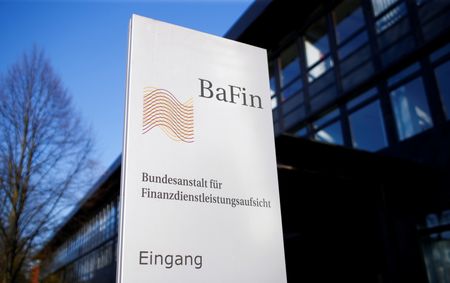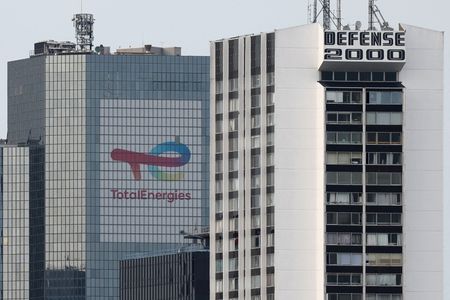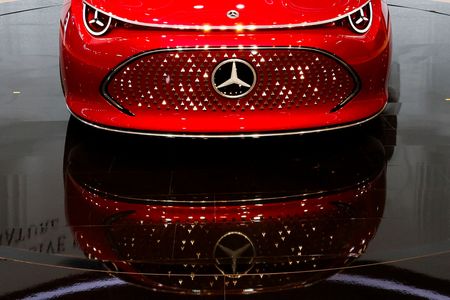By Pietro Lombardi
MADRID (Reuters) -Spanish utility Iberdrola is planning more than 100 billion euros ($117 billion) of investments through 2031 as it intensifies its shift towards the more regulated business of power grids in countries such as Britain and the United States.
Europe’s largest utility presented on Wednesday its strategic update through 2028 and an outlook of what to expect until 2031: a big increase in power network investments and a more selective approach to renewable energy generation projects.
The plan is in line with its previous pledge to increase annual investments to around 15 billion euros from around 12 billion euros and builds on a strategic shift launched in 2022.
Iberdrola will invest 58 billion euros through 2028 – two thirds of which in power networks mainly in Britain and the U.S. – and expects additional investments of around 45 billion euros between 2029 and 2031.
On renewables, the largest share of investments will fund offshore and onshore wind projects, mostly already under construction.
“This plan aims to transform Iberdrola’s profile into a more regulated company, with networks as a vector for growth,” Executive Chairman Ignacio Sanchez Galan said.
Iberdrola is targeting an adjusted net profit of 7.6 billion euros per year by 2028, about 2 billion euros more than in 2024.
Financial goals include 52 billion euros in cash flow generated during the period and 13 billion in asset sales and partnerships, three quarters of which have been completed. It will hire 15,000 people.
Shareholders will see rewards grow in line with returns, with some 20 billion euros in dividends between 2025 and 2028, equivalent to between 65% and 75% of earnings and with a floor of 0.64 euros per share.
As a result of the investments, the value of Iberdrola’s grid assets, whose returns are regulated and guaranteed, is expected to reach 70 billion euros in 2028 and top 90 billion euros by 2031.
In its 2031 outlook, the firm sees earnings growth of at least a mid-to-high single-digit percentage.
($1 = 0.8480 euros)
(Reporting by Pietro Lombardi. Editing by Inti Landauro and Mark Potter)

